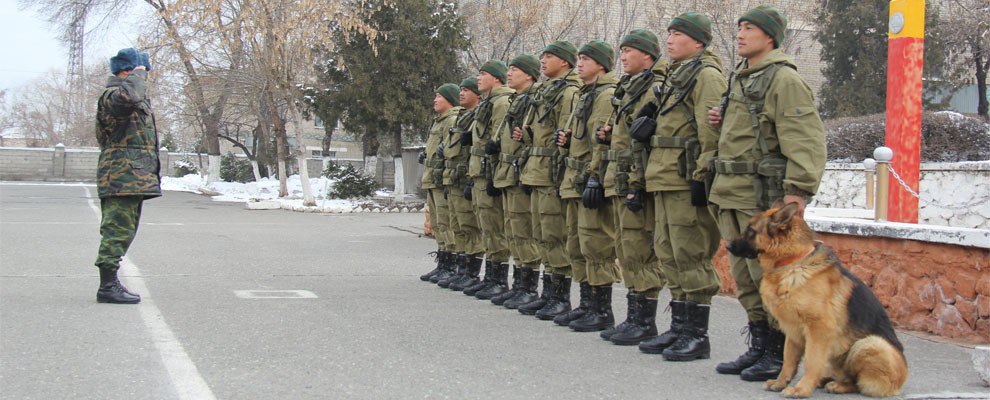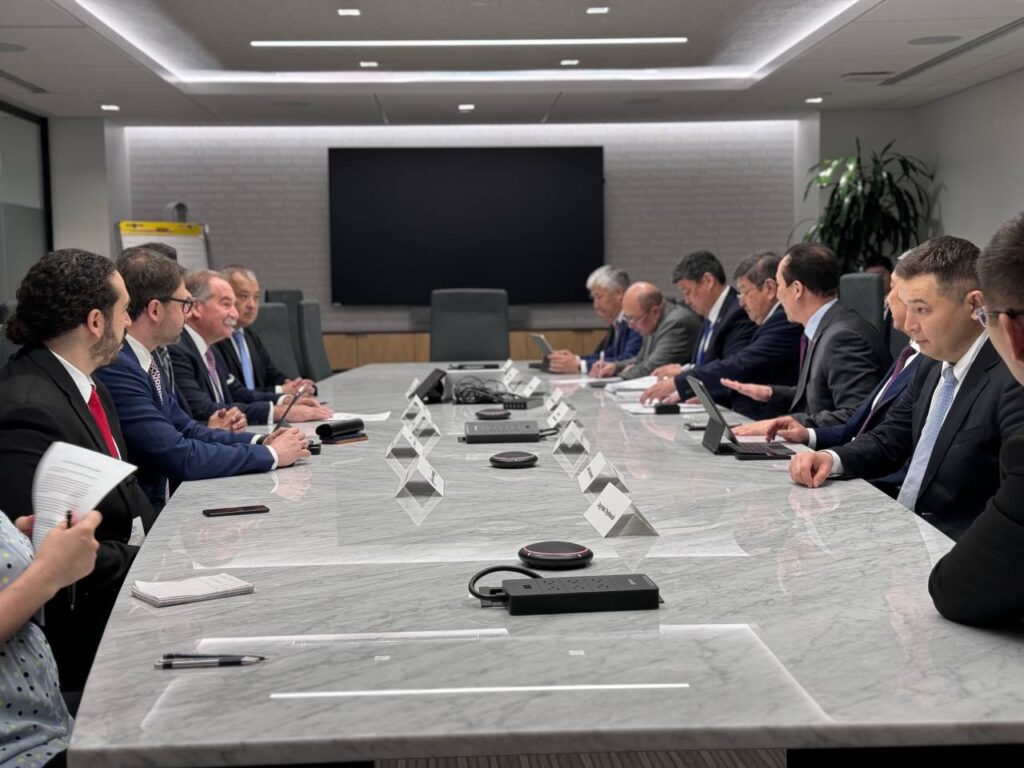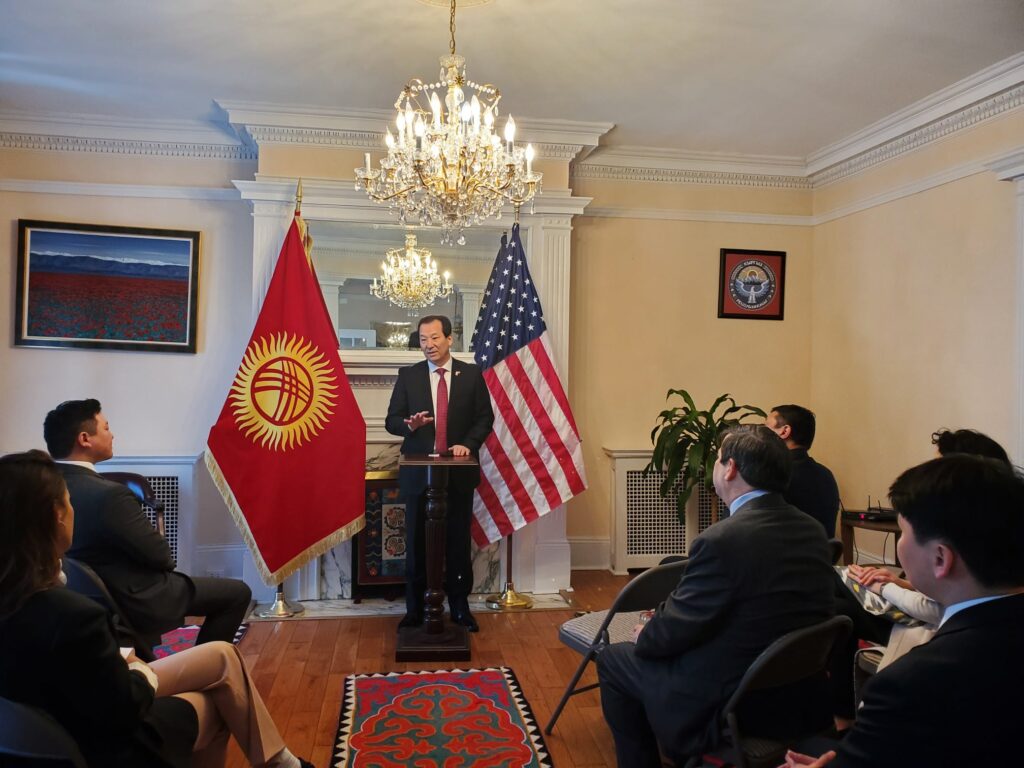Google to Help Transform Kyrgyzstan’s School Education System
On his recent visit to Washington, Chairman of Kyrgyzstan’s Cabinet of Ministers Akylbek Japarov signed a memorandum of understanding with the Google Corporation to transform Kyrgyzstan’s school education system. During the meeting with Google Vice President of Government Affairs & Public Policy Mark Isakowitz, Prime Minister Japarov gave a presentation on ‘Altyn Kazyk’ (‘Polar Star’) and acknowledging Google’s support, stated: “We are proud that we have become the first country in the region to cooperate with Google Education and will apply the most advanced developments in schools throughout Kyrgyzstan, which will help our teachers and schoolchildren master the most advanced knowledge.” Scheduled to run for ten years, the project sets ambitious goals for investment in human capital. In outlining its aims, Japarov announced, “Our goal is that the children of Kyrgyzstan, our young men and women, are provided with opportunities to acquire world-class knowledge and skills and to fully realize their potential. The program is called ‘Polar Star’ because investments in human capital are our main guiding star.” The Google school furnished with the company’s educational tools, will first be launched as a pilot project at one of Bishkek’s schools this spring.






